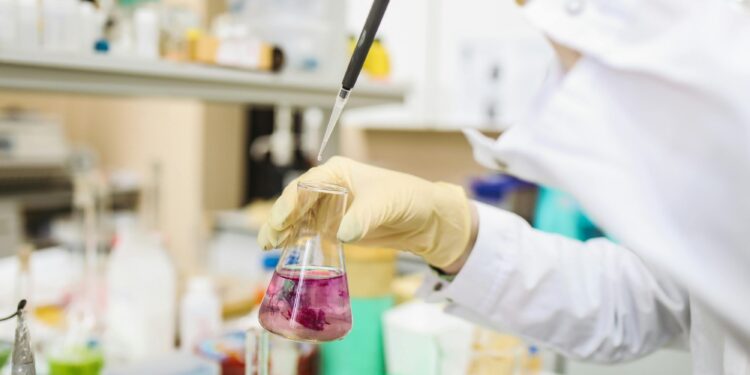Phase 1 Trial of HCW9302 Marks a Milestone in Autoimmune Disease Research
HCW Biologics (HCWB), a clinical-stage biopharmaceutical company specializing in innovative immunotherapies, has announced FDA clearance for its Investigational New Drug Application (IND) to begin a first-in-human Phase 1 clinical trial of HCW9302. This trial will evaluate the drug’s safety and efficacy in patients suffering from moderate-to-severe alopecia areata, an autoimmune disease characterized by sudden hair loss and a significant impact on psychological well-being.
HCW9302 is a groundbreaking interleukin 2 (IL-2) fusion protein complex developed using HCW’s proprietary TOBI platform technology. It functions by binding to IL-2αβγ receptors, primarily found on regulatory T (Treg) cells, which helps activate and expand these cells to suppress harmful immune and inflammatory responses. This mechanism offers hope for patients who currently have no FDA-approved curative treatments for alopecia areata.
Preclinical models have demonstrated HCW9302’s efficacy in treating autoimmune diseases at well-tolerated doses, showing potential beyond alopecia areata. The injectable, subcutaneous approach aims to reduce inflammation while minimizing the risk of broad immunosuppression.
Dr. Hing C. Wong, Founder and CEO of HCW Biologics, expressed enthusiasm about the FDA’s decision, stating, “This clearance brings us one step closer to offering a transformative immunotherapeutic for autoimmune diseases. While alopecia areata is not life-threatening, its psychological toll is profound, and current treatments often carry severe side effects.”
The primary goal of the Phase 1 trial is to establish a safe and effective dose of HCW9302 that boosts Treg cell activity. Success in this phase could lead to expanded trials targeting other autoimmune and inflammatory conditions, including graft rejection, atherosclerosis, diabetes, and neurodegenerative diseases.
Read original press release here
You might like this article:Trump’s New Tariffs Spark Global Retaliation and Trade War Fears










